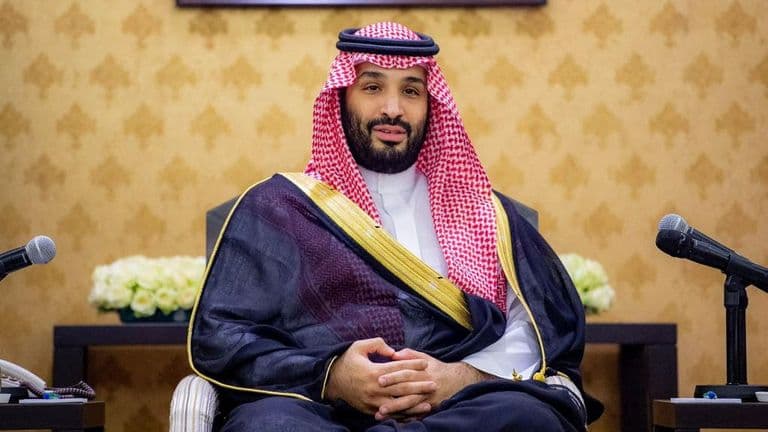
Saudi Arabia to Continue Covering Expatriate Fees in Industrial Sector Until End of Next Year
The decision was made during the weekly session of the Council of Ministers
Saudi Arabia has announced an extension of the state's coverage of fees for expatriates working in the industrial sector until December 31, 2025.
The decision was made during the weekly session of the Council of Ministers, chaired by Crown Prince and Prime Minister Mohammed bin Salman in Jeddah earlier this week.
This Cabinet decision follows the expiration of the previous five-year waiver on expatriate fees for industrial workers.
In 2019, as part of a broader initiative to boost job creation, the Saudi government introduced fees on expatriate workers to encourage the employment of Saudi nationals.
However, the government later waived these fees for expatriates in the industrial sector, effective from October 1, 2019, as part of short-term measures to stimulate industrial investment and support the objectives of Vision 2030.
At the beginning of the session, the Cabinet was briefed on a message from the President of Senegal to the Custodian of the Two Holy Mosques, King Salman, and on the meeting between the Crown Prince and the Speaker of the Arab Parliament.
During the meeting, the Speaker awarded the Crown Prince the Leader's Medal in recognition of his leadership in supporting Arab causes and fostering joint Arab action.
In a statement to the Saudi Press Agency following the session, the Minister of Human Resources and Social Development, who is also the Acting Minister of Media, Eng. Ahmed Al-Rajhi, praised the efforts and contributions of the Arab Parliament on the international stage.
The Cabinet underscored the Kingdom's commitment to enhancing cooperation with its Arab counterparts across various sectors to bolster security, stability, and sustainable development.
The Council also discussed recent regional and international developments, reaffirming the Kingdom's support for efforts to secure a ceasefire in Gaza and highlighting the importance of ending the Israeli occupation to achieve peace and restore the legitimate rights of the Palestinian people.
Domestically, the Cabinet emphasised the Kingdom's ongoing initiatives for global sustainability and environmental conservation, which include expanding royal reserves, with a strategic focus on wildlife protection, afforestation, and the promotion of ecotourism.
The Cabinet passed several resolutions, including the approval of an agreement between Saudi Arabia and Uzbekistan for the mutual exemption of short-stay visas for holders of diplomatic and special passports.
It also approved a memorandum of understanding (MoU) for cultural cooperation between the Saudi Ministry of Culture and the Chinese Ministry of Culture and Tourism, along with an MoU for collaboration between the Saudi Ministry of Justice and the Ministry of Justice of the Hong Kong Special Administrative Region of China.
Additional MoUs endorsed by the Cabinet include agreements on road safety, maintenance and the future of transportation between the Saudi Ministry of Transport and Logistics and the Bahraini Ministries of Works, Transportation and Telecommunications, as well as an MoU for tourism cooperation between the Saudi Tourism Authority and Switzerland Tourism.
Furthermore, the Cabinet authorised the Minister of Education, who also chairs the Board of Directors of the Technical and Vocational Training Corporation, or his deputy, to negotiate and sign a draft MoU with the Statistical, Economic and Social Research and Training Centre for Islamic Countries (SESRIC), an affiliate of the Organisation of Islamic Cooperation, in the field of technical and vocational training.
The Cabinet also approved a memorandum of cooperation in the areas of predicate offences, terrorism and its financing, and money laundering between the Saudi Public Prosecution and its Yemeni counterpart.
For any enquiries or information, contact ask@tlr.ae or call us on +971 52 644 3004. Follow The Law Reporters on WhatsApp Channels.